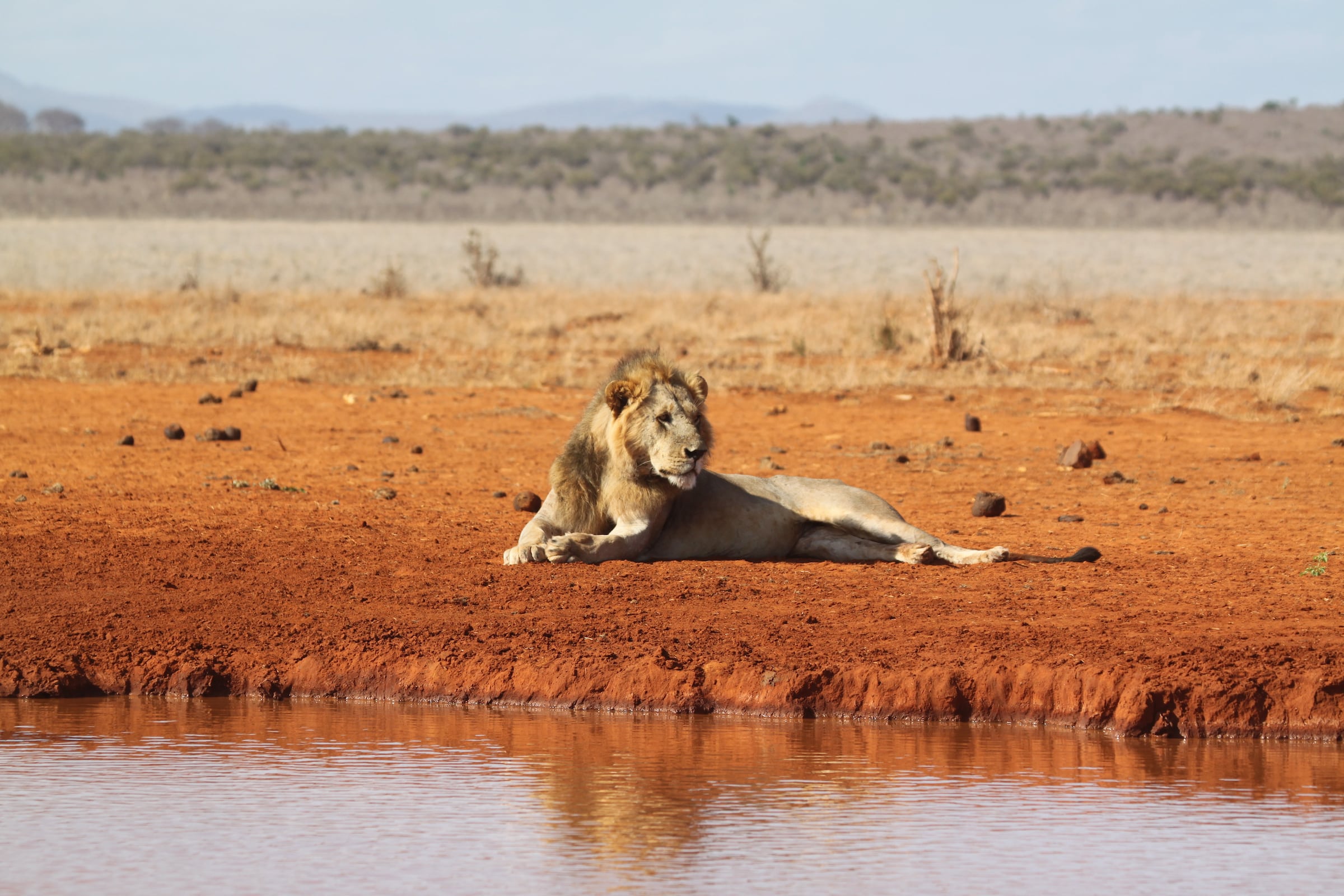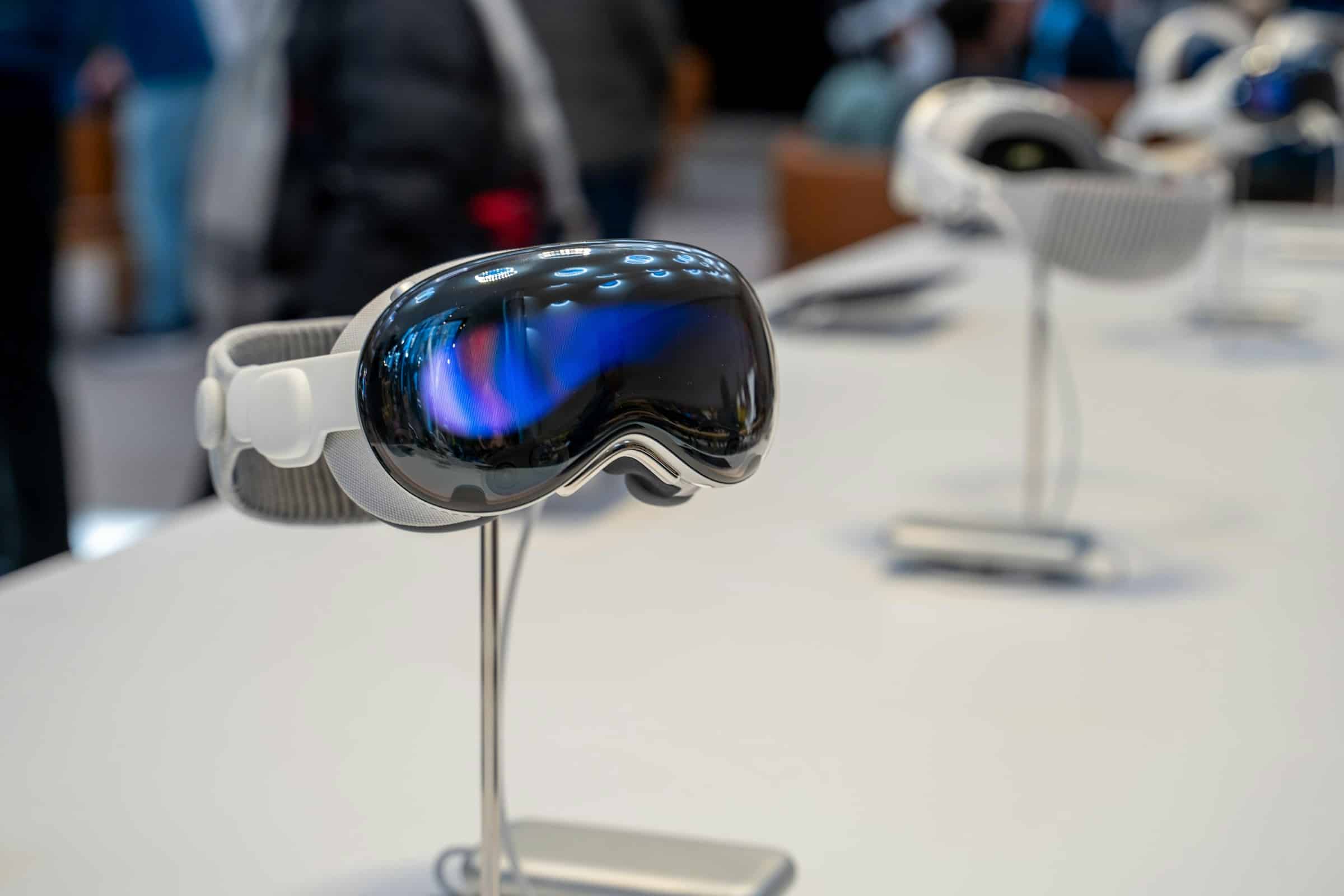Dr. Peter Lindsey, Director of the Lion Recovery Fund, recently wrote an opinion piece that was featured in the San Francisco Chronicle about the need for people to turn their attention away from consumerism and toward the natural treasures of our planet—wildlife.
Rather than purchasing the latest trick tech device, consumers can use some of their disposable income on more worthwhile endeavors, like protecting our dwindling wild spaces and preventing endangered species from vanishing in our lifetimes. Peter likens viewing virtual dinosaurs on Apple’s Vision Pro VR headset to a glimpse into our potential future, where people are only able to view present-day animals like lions through expensive augmented reality amusements. With so many species being lost, this is not such a far-fetched notion. In order to avoid such a grim prospect, our global society needs to recognize the importance of protecting Earth’s wildlife today, while we still have time to safeguard their future.
Revenue from the sale of Vision Pro headsets is expected to be around $1.4 billion this year, described as a “relatively immaterial” amount for Apple. That same amount of money could adequately support 90% of Africa’s nearly 300 protected areas for an entire year. Which is more valuable—protecting entire ecosystems for countless species, or buying a VR headset that will eventually collect dust when the next new device entices consumers?
Technology can be a tremendous boon for conservation efforts when it addresses a scientific need, rather than being designed purely for consumer entertainment. If we can collectively spend a little less on the latest trendy devices and a little more on preserving our planet’s irreplaceable wildlife, it can make a world of difference for the most at-risk species.
Read Peter’s full article highlighting the need for more support for conservation.




